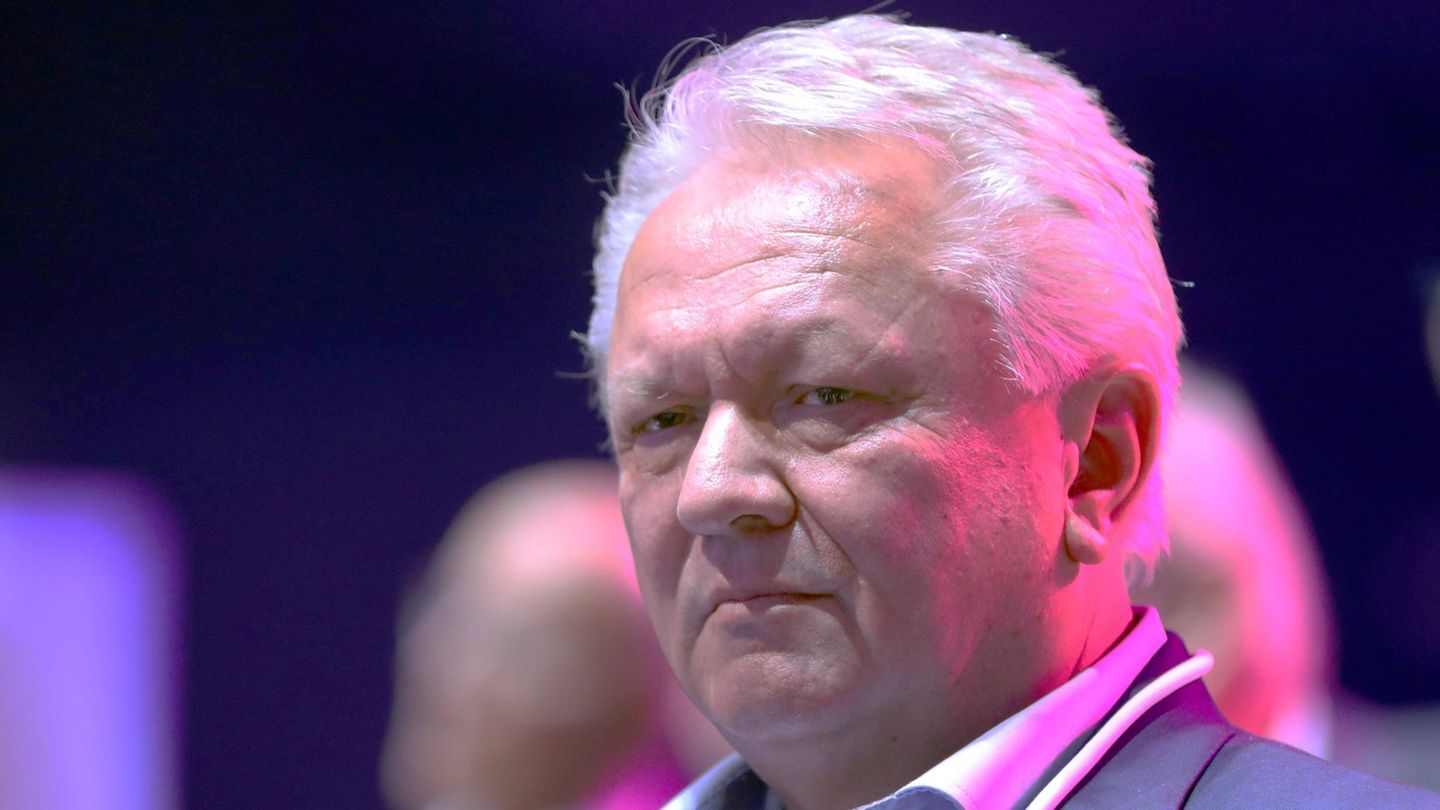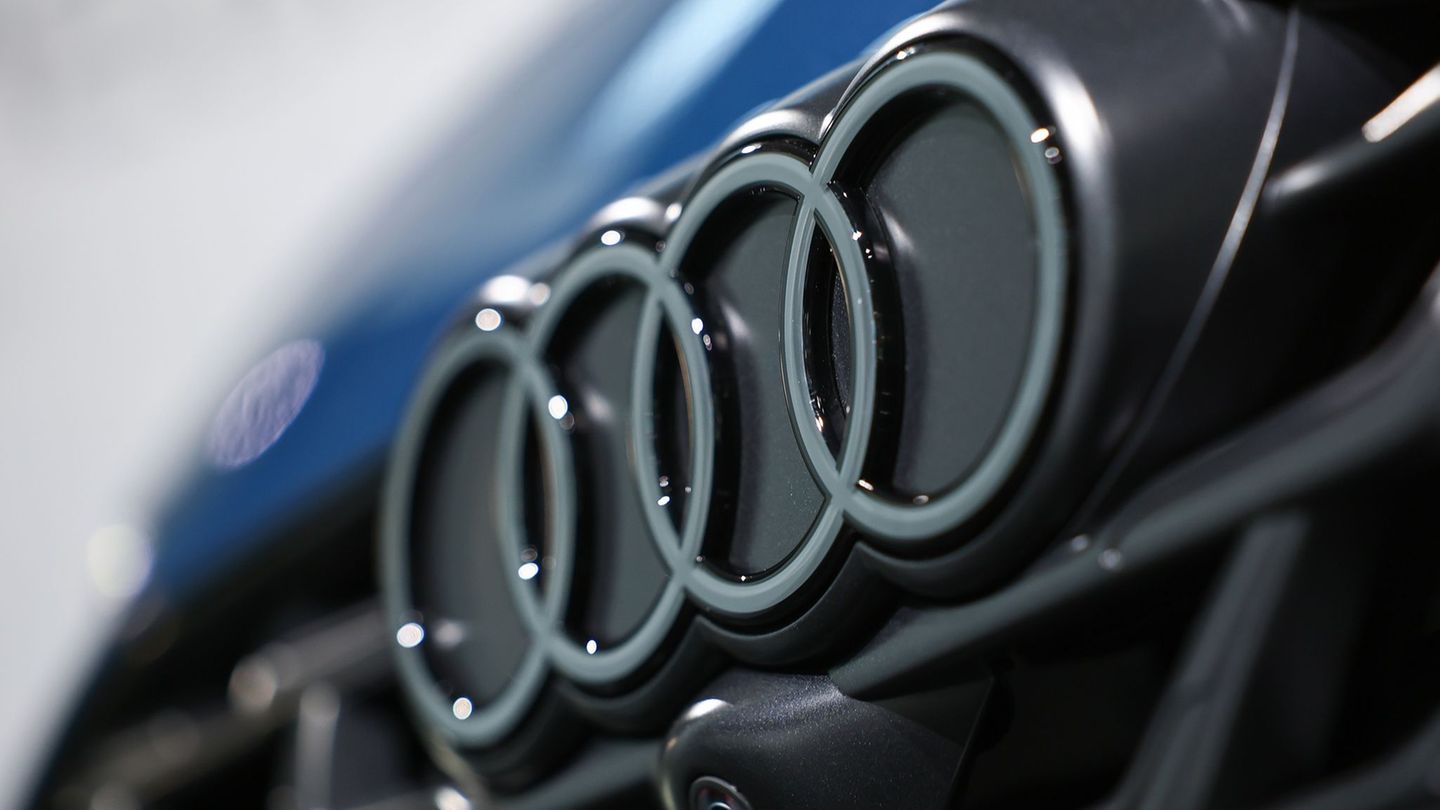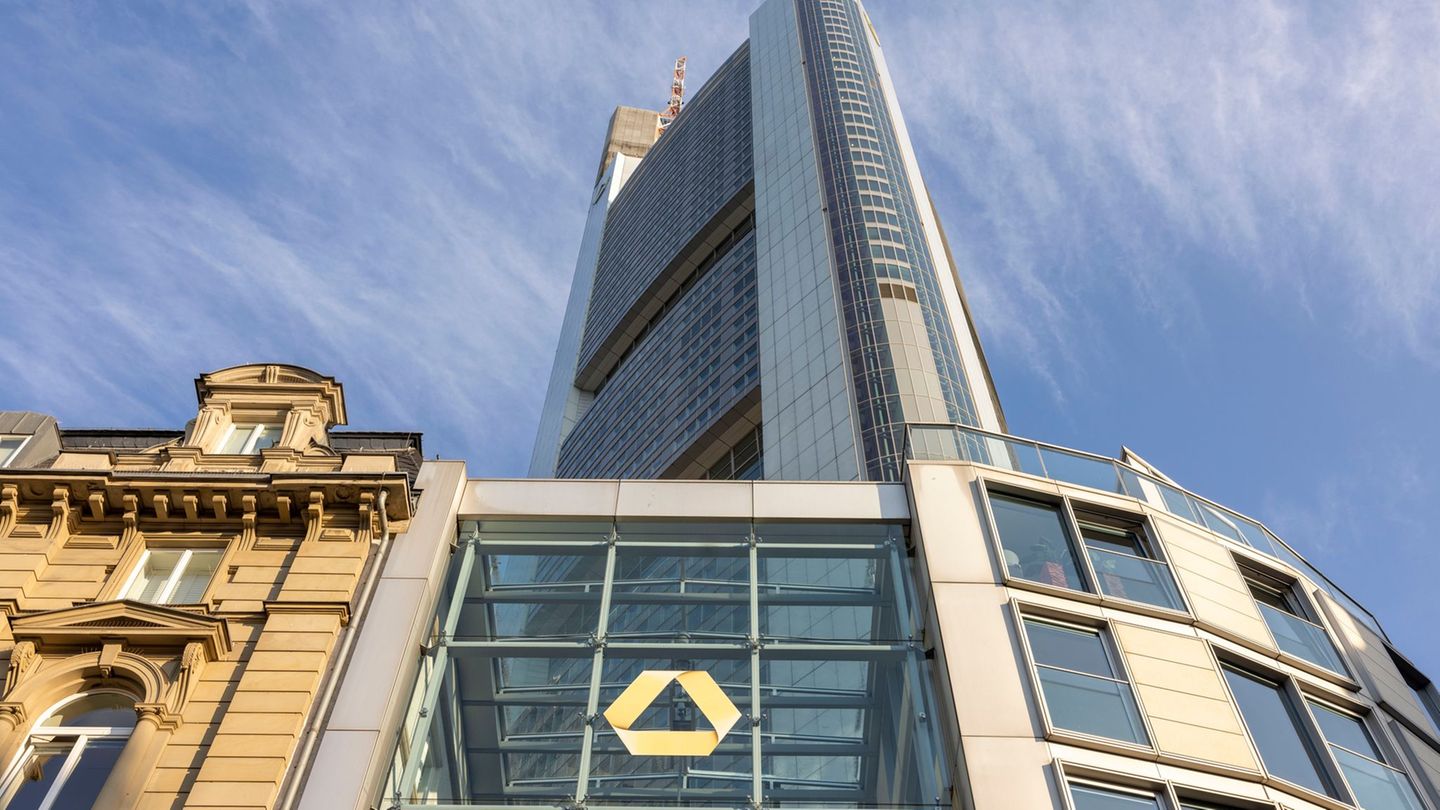According to CNN, the Russian government is said to have planned an attack on Rheinmetall boss Armin Papperger. He has headed the arms company for over ten years – never has he been in the spotlight as much as since the beginning of the Ukraine war.
This is original content from the Capital brand. This article will be available for ten days on stern.de. After that, you will find it exclusively on capital.de. Capital, like the star to RTL Germany.
When Armin Papperger was interviewed by the star When asked about his personal security situation, the Rheinmetall boss was relaxed: Despite the ongoing war in Ukraine, he receives “far fewer” threats than before, “because many people have had a change of heart.” “In the past, we were insulted and sometimes threatened. Today, people say and write to me: Thank God we have you.”
In fact, the social standing of the defense company has changed significantly since the Russian attack and the turning point proclaimed by Chancellor Olaf Scholz (SPD); Rheinmetall is no longer one of the black sheep of the German economy. However, the question of Armin Papperger’s threat level is posed in a new and different way these days.
As the US news channel CNN reports, citing government circles in the USA and Germany, intelligence services uncovered plans by the Russian government to murder Papperger at the beginning of the year. The Rheinmetall boss is an “obvious target”, says CNN – after all, his company is one of the largest European suppliers of tank technology and artillery shells for Ukraine. The company has just opened a repair shop for infantry fighting vehicles in western Ukraine. And Papperger himself does not mince his words when it comes to condemning the Russian war of aggression.
Armin Papperger: Entire professional life at Rheinmetall
In April, there was an arson attack on the armaments boss’s garden shed – but left-wing radicals were suspected of being behind it. Since then, Papperger has been accompanied by bodyguards around the clock, and heavily armed police officers are standing guard outside the company’s headquarters in Düsseldorf. Neither the company nor the CEO commented on the CNN report.
Armin Papperger, born in Lower Bavaria in 1963, has spent his entire professional life at Rheinmetall. After studying engineering – he didn’t have to join the army because his leg was in a cast when he was drafted – he started in quality management in 1990, then rose quickly in the group’s defense division, becoming responsible for weapons and ammunition production from the mid-2000s and later also for vehicle systems. In 2012 he was appointed to the board of directors, and the following year he succeeded long-time boss Klaus Eberhardt as CEO.
Like the entire German defense industry, Papperger initially had to contend with declining military spending in the domestic market. However, by focusing on a stronger international competitive position, among other things, the CEO managed to fill the order books again, even though the civilian automotive supply sector continued to weaken.
The arms company’s share, which was around 40 euros when Papperger took office, now costs more than 500 euros. Rheinmetall has also been listed on Germany’s highest stock index, the Dax, since 2023. The company owes its rise primarily to the special economic boom since the beginning of the Ukraine war.
Armin Papperger: Confident speaker
However, the fact that Rheinmetall was able to deliver at the turn of the century was not a given, Papperger once told “Focus”: “We had already done our homework before the invasion.” It is a typical Papperger sentence, cleverly formulated to combine self-praise with criticism: politicians and the competition are very late.
Papperger, from Lower Bavaria, has never shied away from speaking out in clear terms. He is considered a highly self-confident speaker, down-to-earth and pushy, someone who sometimes offends people. Nevertheless, he is now being listened to in politics, inevitably, but that was not always the case.
Shortly after the outbreak of war, Papperger had a list sent to the Ministry of Defense with everything his company could immediately provide: wheeled tanks, tracked tanks, military trucks. Total value: 42 billion euros. “We could deliver in a short time,” he promised.
Not everyone in the arms industry likes Papperger’s demeanor. Behind closed doors, colleagues in the industry complain about the Rheinmetall boss, calling him a “sales animal” who now sees his big chance to boost the share price – and in doing so only serves to reinforce the accusation that the turning point has triggered a gold rush in the arms industry. Frank Haun, head of competitor KNDS, called him a market crier like “Eel Dieter from the Hamburg fish market”. Papperger’s reaction: “That doesn’t bother me.”
Hybrid drive and women’s quota
The Rheinmetall CEO sees himself more as a visionary company leader who is modernizing the company and developing it from traditional defense technology – weapons, ammunition, tanks – to modern technologies: drones, lasers, cyber technology. It remains to be seen how successful the company can be in these future fields.
Papperger also wants to shed the image of a conventional arms manufacturer. He emphasizes Rheinmetall’s role as a “driver of heat pumps, hydrogen technology and electromobility” and talks about CO2 reduction and tanks with hybrid drives. The Düsseldorf-based company proudly points out that from autumn two out of three board members will be female: the quota for women has been exceeded.
Papperger, who is married and has two daughters, still has a contract with Rheinmetall until the end of 2026. He recently told the “FAZ” newspaper with great confidence: “We are currently making it possible to keep Germany capable of defending itself.” That is what drives him, not financial success, he says – even though the CEO himself owns a lot of shares and recently sold shares for around 5 million euros. “I never looked at the money,” he told the star. “That never interested me. I live relatively modestly.”
In May, when security personnel were already accompanying him, he admitted that the security situation had changed: “There are people who don’t like what I do,” Manager Magazin quoted him as saying. He sounded as fearless as ever.
Source: Stern




